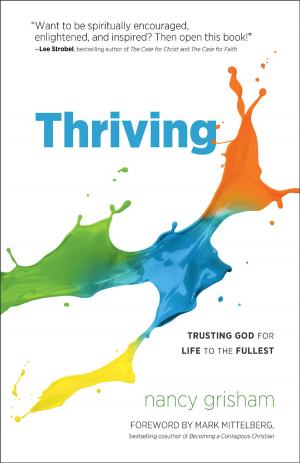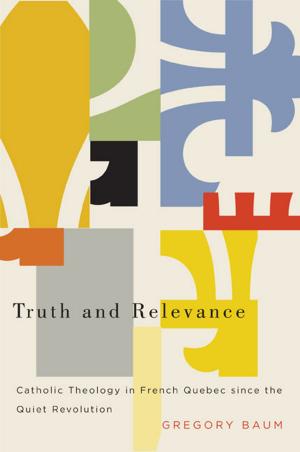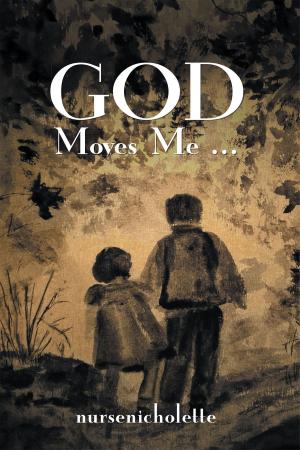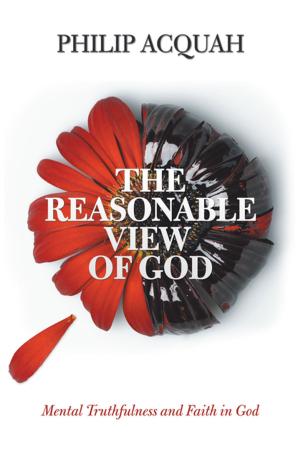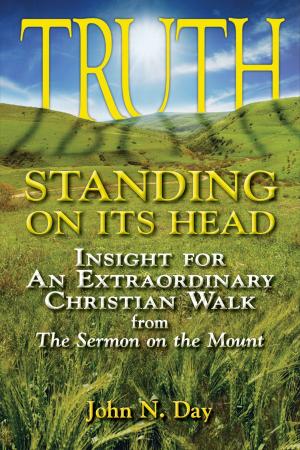| Author: | Jake Yaniak | ISBN: | 9781310434433 |
| Publisher: | Jake Yaniak | Publication: | December 15, 2013 |
| Imprint: | Smashwords Edition | Language: | English |
| Author: | Jake Yaniak |
| ISBN: | 9781310434433 |
| Publisher: | Jake Yaniak |
| Publication: | December 15, 2013 |
| Imprint: | Smashwords Edition |
| Language: | English |
Why would God create the Devil in the first place?
In this book you might just find the answer to this and many other questions.
The title of this book is no play on words; Morality IS the problem with the world, and not the solution to its ills. In this book on moral philosophy the reader will travel to the very heart of our ethical judgments and consider the logical structure of morality itself. The purpose of this book, however, is not to merely illustrate the nature of our moral faculties, it is to expose them to the light of Reason - to uncover the pretenses and illusions that give rise to our moral categories in the first place.
While the focus of this book is chiefly philosophical, it addresses many theological questions as well, especially as they relate to the Christian religion, offering in the Conclusion an immensely valuable but long forgotten way of understanding the doctrines of Christianity.
This book will interest anyone sincerely interested in the study of meta-ethics and metaphysics, as it offers a clear, logical demonstration of the is/ought problem, as well as a logical explanation for the importance, nay, the necessity of free will for moral agency. It does not merely suggest that moral agents must have a free will; it demonstrates logically that if they do not have a free will, then moral judgments concerning them contain a contradiction.
Atheists and agnostics may be interested in this book because it offers solid critiques of the traditional arguments in favor of theism. On the other hand, if these same readers are willing to keep an open mind until the Conclusion of the book, they may just find that there is a God that they can accept after all - a God that, far from asking that they surrender their reason, dwells within Reason itself.
Christians may be interested in this book because it attempts to revive the mystery and profundity of a religion that has, of late, been all but overrun by men seeking political and social influence. There are many Christians who have become disillusioned with this modern church, and they may find in this book a way to understand and answer their calling outside of the all too familiar picket lines and ballot boxes.
Whoever the reader happens to be, however, there is undoubtedly something within this book that will challenge and engage their interests.
Why would God create the Devil in the first place?
In this book you might just find the answer to this and many other questions.
The title of this book is no play on words; Morality IS the problem with the world, and not the solution to its ills. In this book on moral philosophy the reader will travel to the very heart of our ethical judgments and consider the logical structure of morality itself. The purpose of this book, however, is not to merely illustrate the nature of our moral faculties, it is to expose them to the light of Reason - to uncover the pretenses and illusions that give rise to our moral categories in the first place.
While the focus of this book is chiefly philosophical, it addresses many theological questions as well, especially as they relate to the Christian religion, offering in the Conclusion an immensely valuable but long forgotten way of understanding the doctrines of Christianity.
This book will interest anyone sincerely interested in the study of meta-ethics and metaphysics, as it offers a clear, logical demonstration of the is/ought problem, as well as a logical explanation for the importance, nay, the necessity of free will for moral agency. It does not merely suggest that moral agents must have a free will; it demonstrates logically that if they do not have a free will, then moral judgments concerning them contain a contradiction.
Atheists and agnostics may be interested in this book because it offers solid critiques of the traditional arguments in favor of theism. On the other hand, if these same readers are willing to keep an open mind until the Conclusion of the book, they may just find that there is a God that they can accept after all - a God that, far from asking that they surrender their reason, dwells within Reason itself.
Christians may be interested in this book because it attempts to revive the mystery and profundity of a religion that has, of late, been all but overrun by men seeking political and social influence. There are many Christians who have become disillusioned with this modern church, and they may find in this book a way to understand and answer their calling outside of the all too familiar picket lines and ballot boxes.
Whoever the reader happens to be, however, there is undoubtedly something within this book that will challenge and engage their interests.



